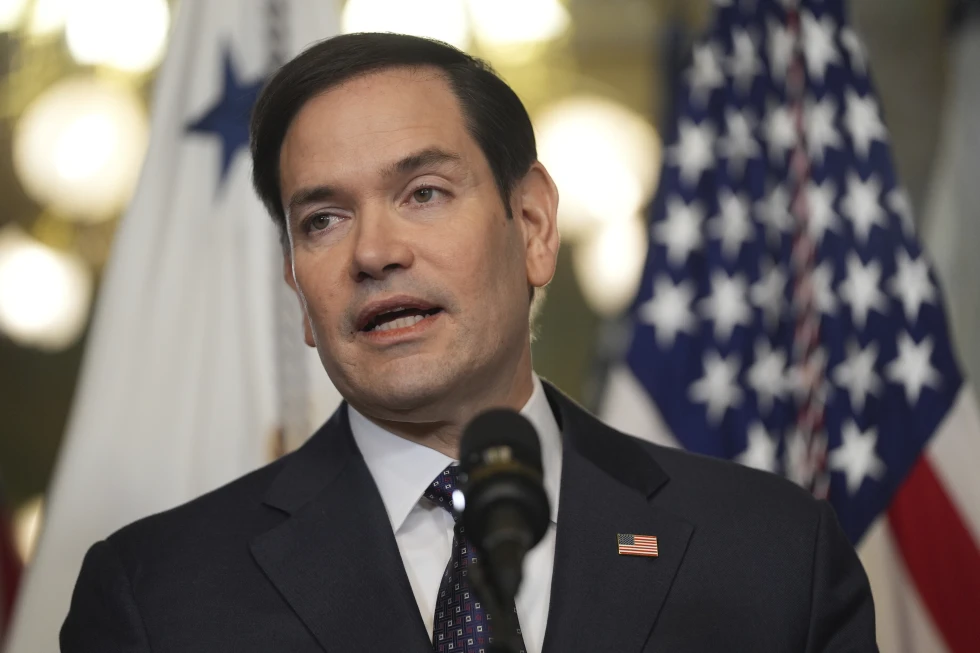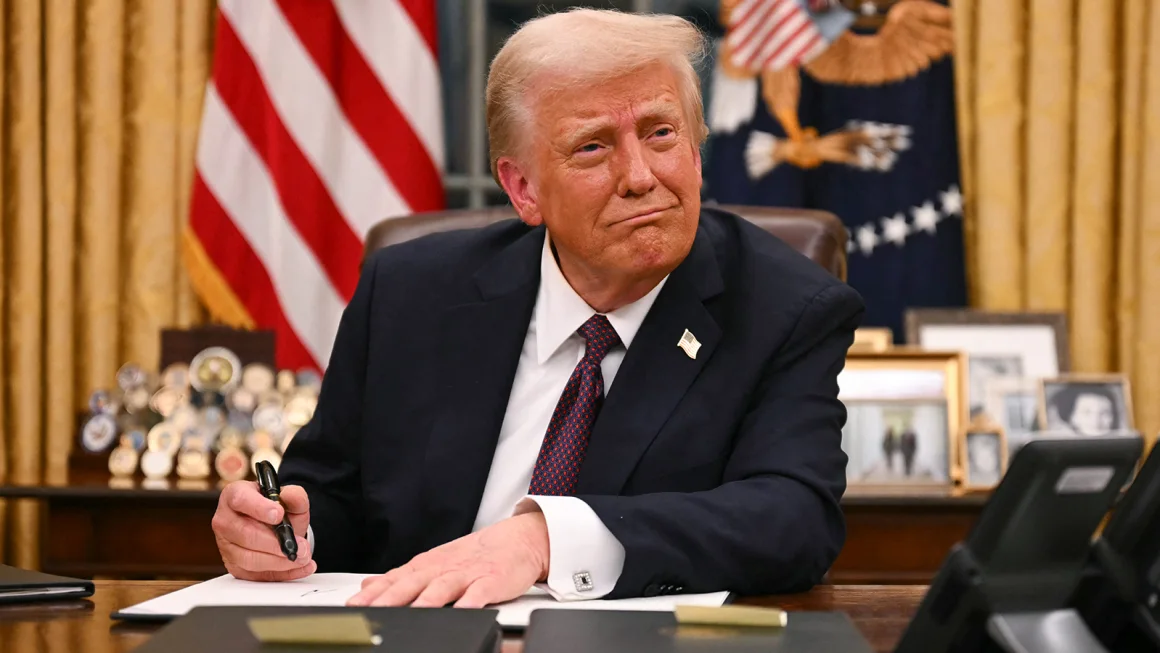On January 27, 2025, President Donald Trump made headlines with an executive order that stopped federal grants, loans, and financial aid in their tracks.
This bold move aims to reshape federal spending to match his administration’s vision, leaving millions wondering how this decision will ripple across the nation.
Federal Funding Freeze Shakes the Nation
Trump’s executive order directly targets programs funded by the 2022 Inflation Reduction Act (IRA) and the 2021 Infrastructure Investment and Jobs Act.
The freeze puts clean energy initiatives, climate action programs, and diversity-focused projects under a microscope.
While key programs like Social Security and Medicare remain untouched, the scope of this freeze is massive, and its implications could hit close to home for many.

A Closer Look at Trump’s Goals
This is not just a budgetary adjustment; it’s a complete shift in priorities. Trump’s administration is doubling down on:
- Energy independence by encouraging domestic production of fossil fuels and rare earth minerals.
- Rolling back green policies, including electric vehicle mandates and renewable energy projects.
- Reevaluating diversity programs, which he sees as misaligned with his administration’s vision.
Federal agencies now have 90 days to justify their budgets and prove they align with these new priorities.
Who’s Feeling the Freeze First?
Projects that depend on federal grants or loans may face immediate delays or even cancellations.
Local governments, non-profits, and businesses relying on these funds to support infrastructure, housing, or education programs may need to pause operations.
- A housing initiative in Michigan might miss payroll for its staff.
- A clean energy project in California could lose momentum.
- Small towns relying on federal aid for community development could face resource shortages.
Critics Sound the Alarm
Democratic leaders are calling the move reckless, with Senate Minority Leader Chuck Schumer warning about “chaos” in public services, stalled infrastructure, and missed payments.
Meanwhile, state officials in resource-dependent regions like West Virginia have expressed mixed reactions—hoping some energy policies may benefit but worrying about paused climate-related projects.
The freeze raises questions about the limits of presidential power.
Critics argue that halting congressionally approved funds may violate the Impoundment Control Act, which ensures that funds allocated by Congress must be spent.
Legal experts predict a flurry of lawsuits aimed at challenging the freeze’s legality.

What Does This Mean for America?
This decision marks a dramatic shift in how federal resources are used, with industries, communities, and individuals bracing for the fallout. Here’s what could happen next:
- Green initiatives stall: Renewable energy companies reliant on IRA funding may struggle to meet project deadlines.
- Local governments scramble: With paused infrastructure funds, some municipalities may delay or cancel public works projects.
- Non-profits under pressure: Organizations that depend on federal grants for social programs could face financial shortfalls.
Final Thoughts
While the Trump administration’s bold move is a political statement, it has real consequences for millions of Americans.
The coming months will likely bring legal challenges and public debate as agencies scramble to adapt to the new rules.
If you or your community depends on federal aid, now is the time to stay informed.
Reach out to local representatives, follow updates closely, and consider alternative funding sources to weather this uncertain period.







